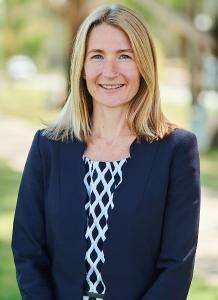The 79 Members of OACPS include 47 African, 16 Caribbean and 15 Pacific countries as well as the Maldives. Together with the 27 EU Member States, they represent around 2 billion people and more than half of the seats at the United Nations. The Agreement aims to better equip its parties to address emerging needs and global challenges, such as climate change, ocean governance, migration, health, peace and security. Accordingly, the Agreement covers subjects such as sustainable development and growth, human rights and peace and security. The Agreement lays down common principles and covers the following priority areas:
- human rights, democracy and governance
- peace and security
- human and social development
- inclusive, sustainable economic growth and development
- environmental sustainability and climate change
- migration and mobility
There is a common foundation included in the Agreement which applies to all Parties, combined with three regional protocols for Africa, the Caribbean and the Pacific with a focus on the specific needs of each region. The denomination of the Agreement took place during the 46th Session of the ACP-EU Council of Ministers held immediately prior to the signing ceremony. 35 African, Caribbean and Pacific countries did not sign the Agreement. Tonga, for example, did not sign the agreement because its domestic requirements were not met at that time. Jamaica decided not to sign the Agreement after a local Christian Group, the Jamaica Coalition for a Healthy Society (JCHS), raised concerns that it would reintroduce the rejected Comprehensive Sexuality Education Curriculum back into Jamaican classrooms and undermine Jamaicans' fundamental rights and freedoms. Likewise, Namibia decided not to sign the Agreement, purportedly because of “interpretative issues”. The Agreement (just like its predecessor the Cotonou Agreement) grants the European Investment Bank (EIB) a licence to operate in ACP countries. Therefore, the EIB would be unable to operate in (sign new loans with) any country that does not sign the Agreement by the end of the year.
The Agreement will be provisionally applied as of 1 January 2024, and will enter into force upon consent by the European Parliament and ratification by the Parties, ie all EU Member States and at least two thirds of the OACPS Members.



